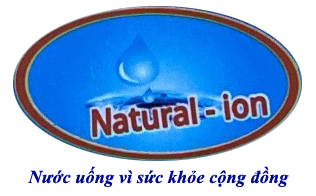
The Mayo Clinic shares a list of several common symptoms of addiction. These include the need to use a substance regularly and experiencing withdrawal when they stop use. A compulsion to continue use, even when recognizing the problems it causes, is another example. People have to stop using substances to begin their journey drug detox toward sobriety. Detoxing from drugs is the first step in the recovery process for a few key reasons.
Which Substances Require Medical Detox?
Addiction disorders vary based on the drug used, how long it is used, and a person’s past medical history. Over the years, medical professionals have worked diligently to offer innovative detox options. Regardless of the type of treatment program offered, drug counseling is a major component. Drug counseling makes up the bulk of time most individuals will spend in a rehab center. There are many specific varieties of counseling, but the primary types include individual, group, experiential, and family therapy.
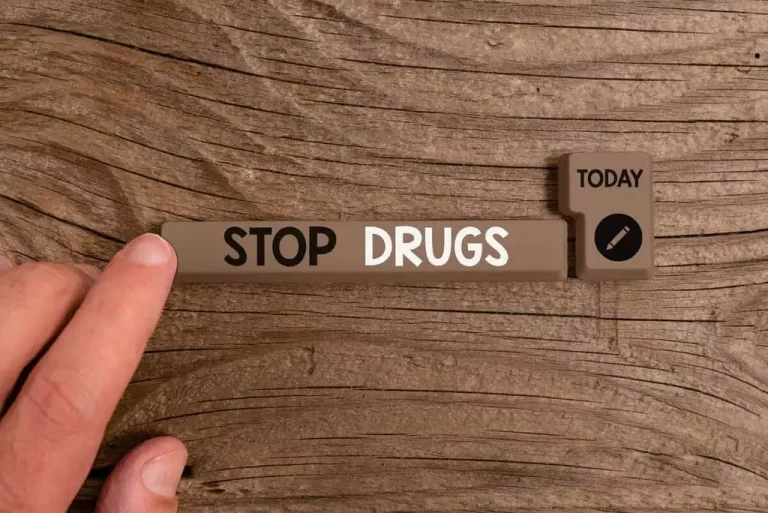
When to Seek Medical Help
Learn more about this process, how long it lasts, what to expect, and how to ensure your safety as you detox from drugs. You should certainly go to the emergency room (ER) anytime you’re having serious withdrawal symptoms like difficulty breathing, rapid heart rate, or seizures. If you simply show up and you’re not having a medical emergency, they might just refer you to a local substance abuse treatment center.
Can someone tell me how much treatment will cost?
- Each center should perform an evaluation and develop an individualized treatment plan based on each patient’sneeds.
- An evaluation is the starting point before substance detox since it allows addiction specialists to assess the patient’s physical and mental health to provide more individualized treatment.
- For some drugs, like opioids, detox may last longer, while for others, such as stimulants, it may be shorter.
- They can accomplish this with counseling, support groups, or an inpatient rehab program.
- Next, you may want to consider working with a doctor and therapist to design an ongoing treatment plan.
- Admissions can happen immediately following your free assessment, depending on bed availability.
Similarly, at-home detox doesn’t lead to a clear path for a full continuum of addiction treatment. However, qualified, caring professionals can help to set the stage for long-term recovery during drug detox. This includes help with needs like filing for short-term disability and medical leave, as well as housing and other vital concerns. The objective is to address the Sobriety practical issues that can get in the way of completing a detox program. Medically supervised detox helps to address both physical and mental aspects of addiction. A treatment center will attempt to verify your health insurance benefits and/or necessary authorizations on your behalf.
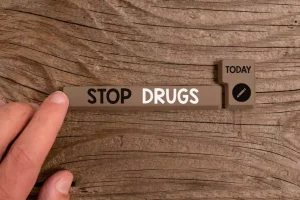
It gives the medical care and support needed to navigate withdrawal successfully and transition into further addiction treatment. Detox programs assess each individual’s unique needs, including the type of substance used, duration of abuse, and any co-occurring mental health disorders. This personalised approach ensures a more effective and comfortable detox experience.
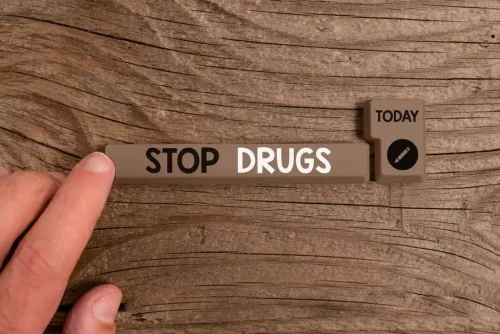
Infinite Recovery is in-network with many major insurance providers. For people dealing with substance use disorder, drug detox may feel intimidating or even frightening. Learning what happens during detox can make this crucial step in recovery more approachable. The exact medications prescribed by a physician depend on a variety of factors. Those factors include (but are not limited to) the substance used, the types and intensity of symptoms, and contributing mental health concerns. There is also a safety aspect to consider when it comes to at-home detox.
Preparing Entry Into Treatment
Quitting “cold turkey” or without medical supervision can lead to serious issues such as seizures and severe dehydration. Dehydration can be caused by common withdrawal symptoms like vomiting, diarrhea, or sweating and can lead to additional health issues. Drinking plenty of water helps keep you hydrated and potentially avoid dehydration-related problems. Additionally, having pre-existing health conditions (i.e., liver disease, diabetes), the detox process might cause your other symptoms to worsen.
- Only trained and licensed medical professionals can provide such services.
- Preventing withdrawal symptoms involves medical drug detox, gradually tapering off the substance while managing symptoms.
- At-home, self-led treatment programs are very difficult and very uncomfortable.
- As your body adjusts to its new “normal,” various factors can affect how it processes any drug byproducts out of your system.
- Prolonged substance abuse alters the body’s chemistry, leading to physical dependency.

Detoxing by yourself can sometimes be https://ecosoberhouse.com/ dangerous and is not generally recommended. Inpatient programs are the most commonly used facilities for medically assisted detox. Drug and alcohol detox can be an important first step toward recovery and healing for people with substance use disorders.
Detoxing from Opioids
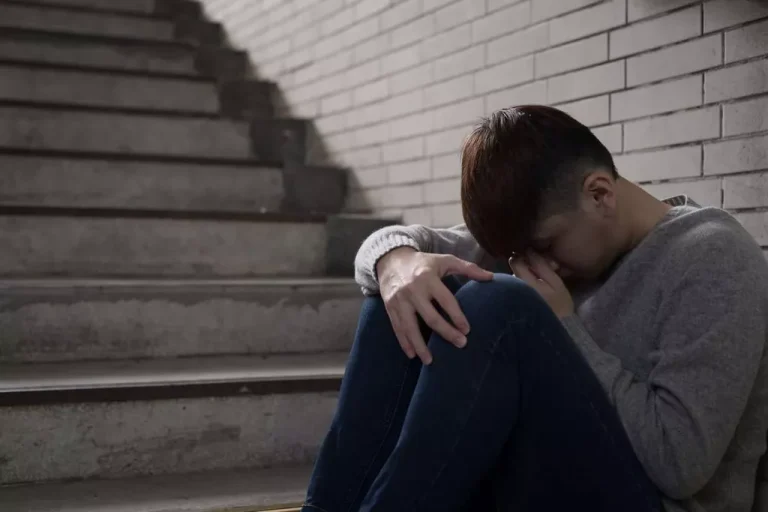
They provide several services that may include behavioral therapy and 24-hour living support and structure. During detox, you can experience severe withdrawal symptoms that require medical attention, like becoming dehydrated. Without immediate access to a doctor, you may be putting yourself at risk. Medical detox takes place at a detox facility, so you can be closely supervised and monitored by your doctor. No matter the substance, medical detox is the most recommended and widely used treatment for substance use disorder with dependency. For example, some people with a history of alcohol use disorder (AUD) can experience delirium tremens (DTs) within the first few days of detox.
